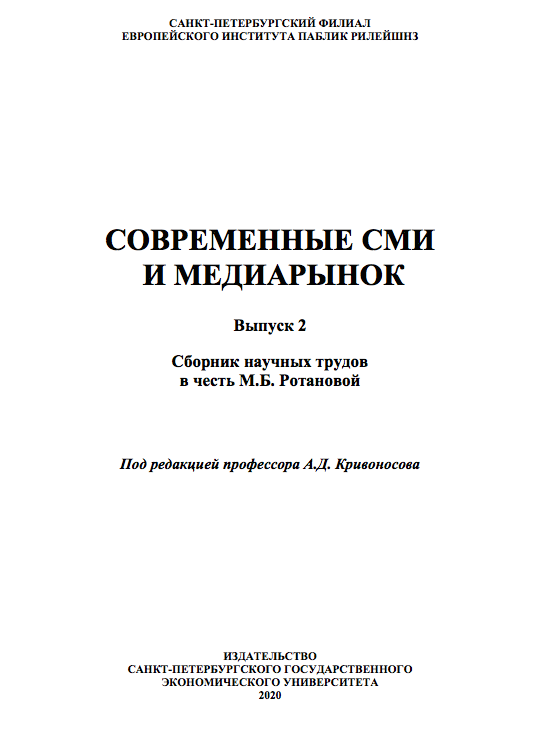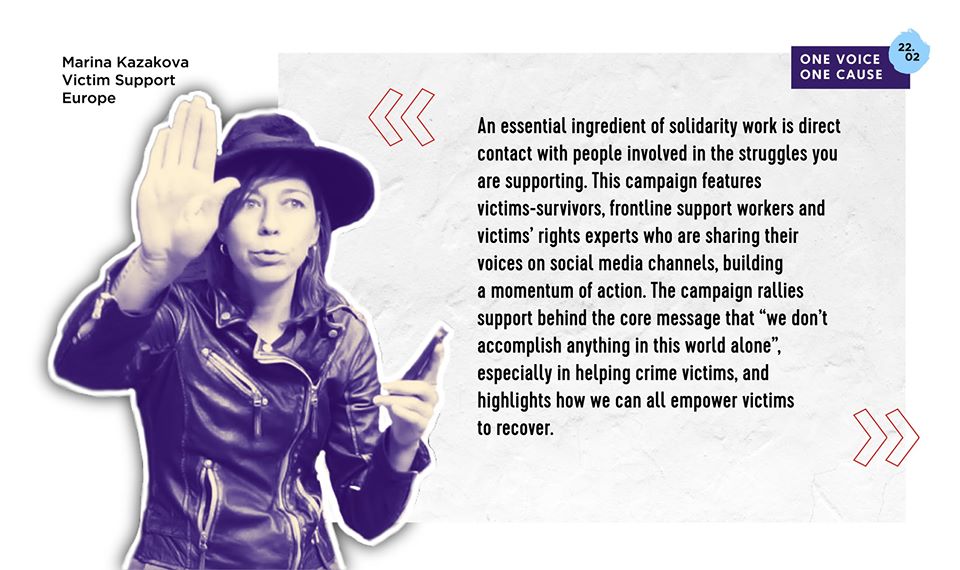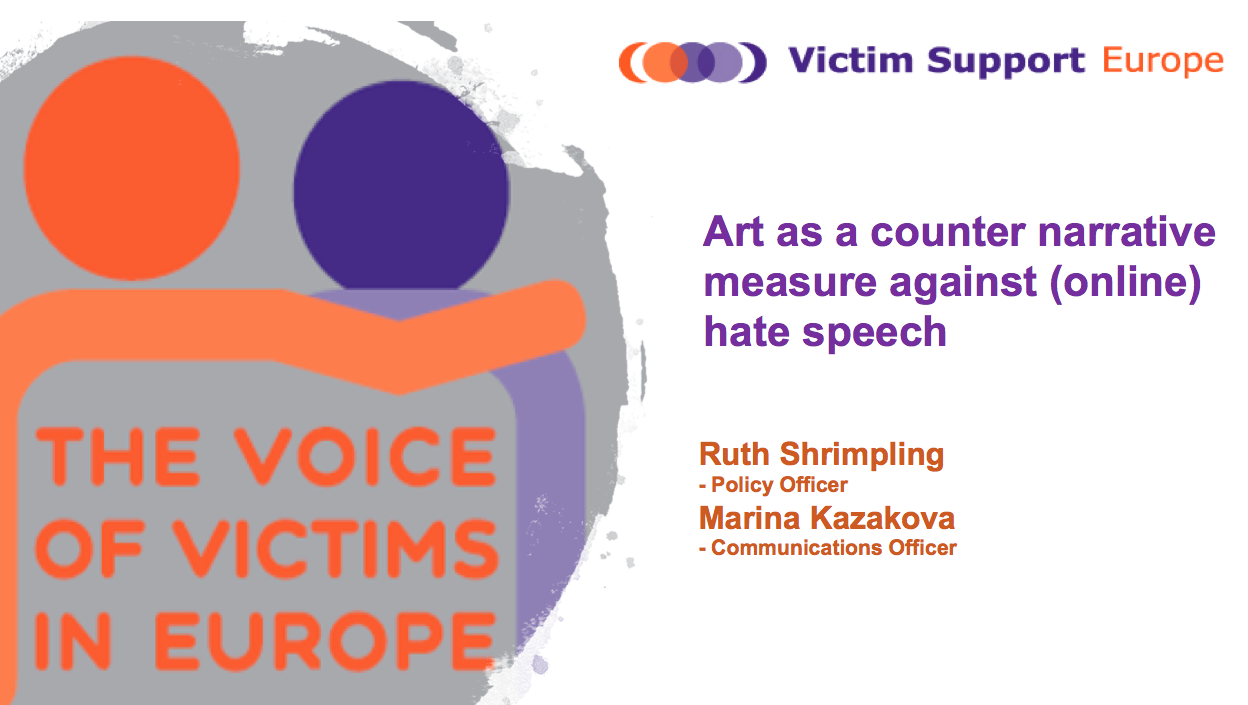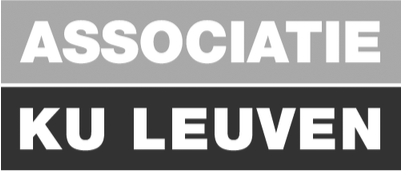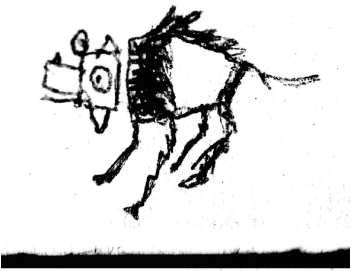Thoughts on the matter:
We live in a time when language, as such, has become a suspect; it is often intentionally misused to serve those in power. There is a growing gap between what is said and what is meant. This language abuse has presented significant challenges for anyone working for civil rights and for social change.
Fake news and lying got so profound, that often it seems as though saying anything that can be heard by “the other side” is doomed to failure even before one begins.
What happens in almost any present-day political or social debate? The words spoken end up in the no-man’s land. A speech act with no listener fails as a speech act and becomes nothing.
And so I come to poetry — which is, of course, ironic, as poetry is so often thought irrelevant. However, the marginality of poetry has a certain advantage — the advantage of the outcast: the resistance of the listener is less pronounced; the listener hasn’t already decided not to hear. Poetry has also other advantages, the inner characteristics that mark it helpful for activism and awareness raising – its drive toward utter precision of image and thought; its appeal to the senses.
Many poets-activists see the power and potential of poetry as an alternative narrative against hate in the ways a poem may touch our emotionally numbed selves and thus inspirit, inspire, and even transform one’s self.
All these attributes together place the poet in a unique position for speaking out against the wrongs of the day. The wonders of imagination can create situations when the poet may offer us alternative versions of our troubled world.

Jack Hirschman, Marina Kazakova at Spec’s, San Francisco, 2019
Jack Hirschman, one of the greatest American poets and a passionate social justice activist, once said: “Philosophically, I am an internationalist who knows that neither homelessness and poverty globally and specifically here in San Francisco, which the Mayor is much concerned with, as well as war and street violence, will ever end until and unless the wealth of this world is re-distributed and/or appropriated for the benefit of all, according to our needs as human beings. All of my poetry and intellectual expression is in one way or another directed to that end. And since I believe that all human beings are poets in fact, and that the writing of a poem is the most powerful action given to humankind (because unbuyable and unsellable in essence, and because a child of 5 years and a man or woman of seventy years, in the act of writing a poem, evoke the equality that is love at the heart of the world), I write to unfold the future of that equality with all my brother and sister human beings.”
Poetry is multidimensional and bottomless, and it can sound the call for virtually any topic.
➡️ See the videos of the poets participating in Victim Support Europe’s awareness-raising campaign ‘Crime is Crime. Even Online’.
➡️ Learn more about KnowHate campaign conducted by the community of poets from around the EU.
➡️ Learn more about various victims’ rights-related campaigns conducted by Victim Support Europe.
📌 More to be published soon:
- Behavioural campaigns
- Information campaigns



